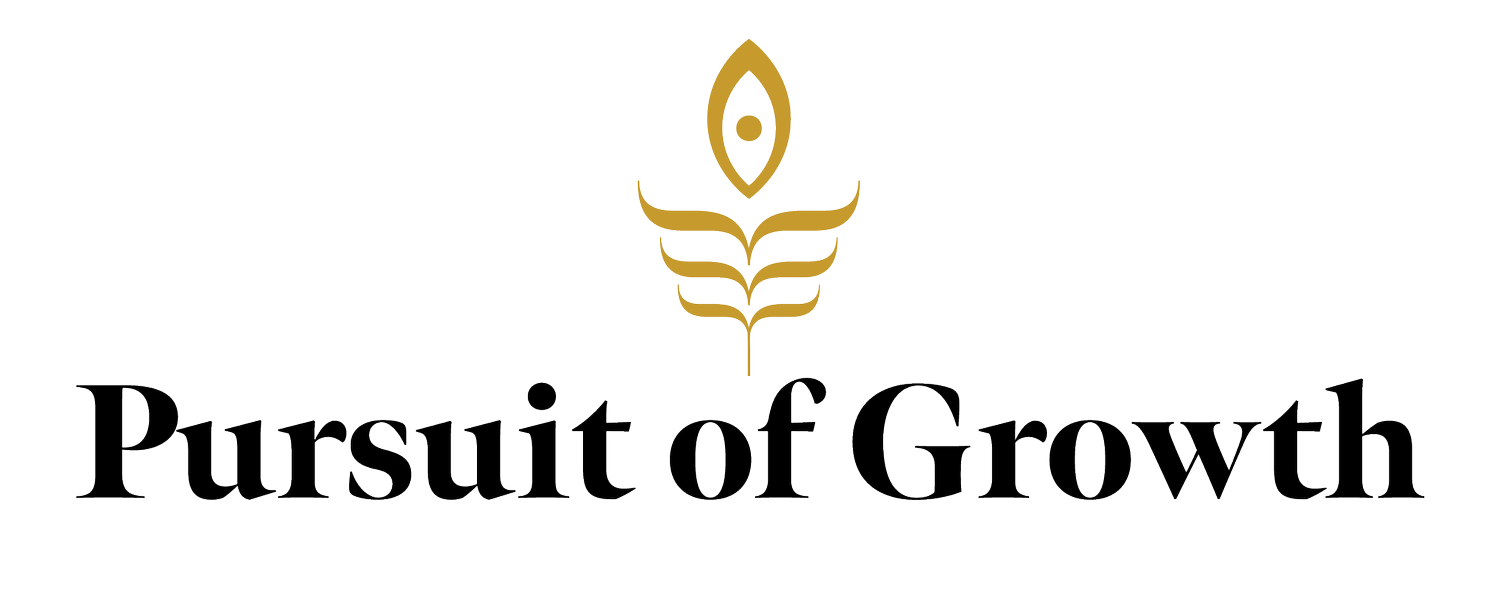Exercise Two
explore different ways to develop a new relationship with yourself.
The first step to owning our voice is allowing ourselves to find it.
I first realized I had not allowed myself to develop a true voice or sense of identity when in multiple occasions I was asked what I liked, or what I wanted to do, and found myself lacking a genuine response. Taking the time to ask myself what I really wanted to do was foreign to me. Joy and pleasure without shoulds and musts was unknown territory. My pattern had been to adapt to what those I loved wanted to do, even if it wasn’t what I truly desired. I would mold into a version of myself that looked like or fit into what the other person needed. Because that’s what you do for those you love, right? Under the grip of that old and limiting belief, I would not voice or honor my own needs (at least not constructively), until I became so resentful or exhausted by the life I had created that I had to leave it behind.
It took me years to become aware of the fragmentation that existed within me. Years of my life had been spent creating that understanding and accepting persona. Efforts went into taming what I used to call “my wild,” which referred to any feelings deemed not good or pleasant. Sustaining this “good” version of myself took so much energy, there was no space left for me to explore what I liked or what I truly wanted out of life. It had always felt safer to be what others wanted me to be because that guaranteed acceptance; a nice and breeze welcome into their world.
At the core of this pattern resides fear of rejection and abandonment. A sense of worth that is dependent on others’ feedback. As social creatures, we value being loved, validated and accepted. Most of our core behavioral patterns can be traced back to childhood experiences, parenting style, and the coping mechanisms we developed to co-exist within our environments during those early, formative years. Analyzing the root of the problem can be useful to gain understanding and awareness, to free ourselves from our survival mechanisms. But the key is not to assign blame and hold others accountable for our problems. Blaming others for the way we behave and feel without taking self-responsibility for our healing can leave us stuck within a victim paradigm.
Regardless of what our parents did or did not do, regardless of the painful experiences we may have faced, it is important we trust that we have within ourselves the wisdom and strength to heal, and to recognize what we need in this present moment.




